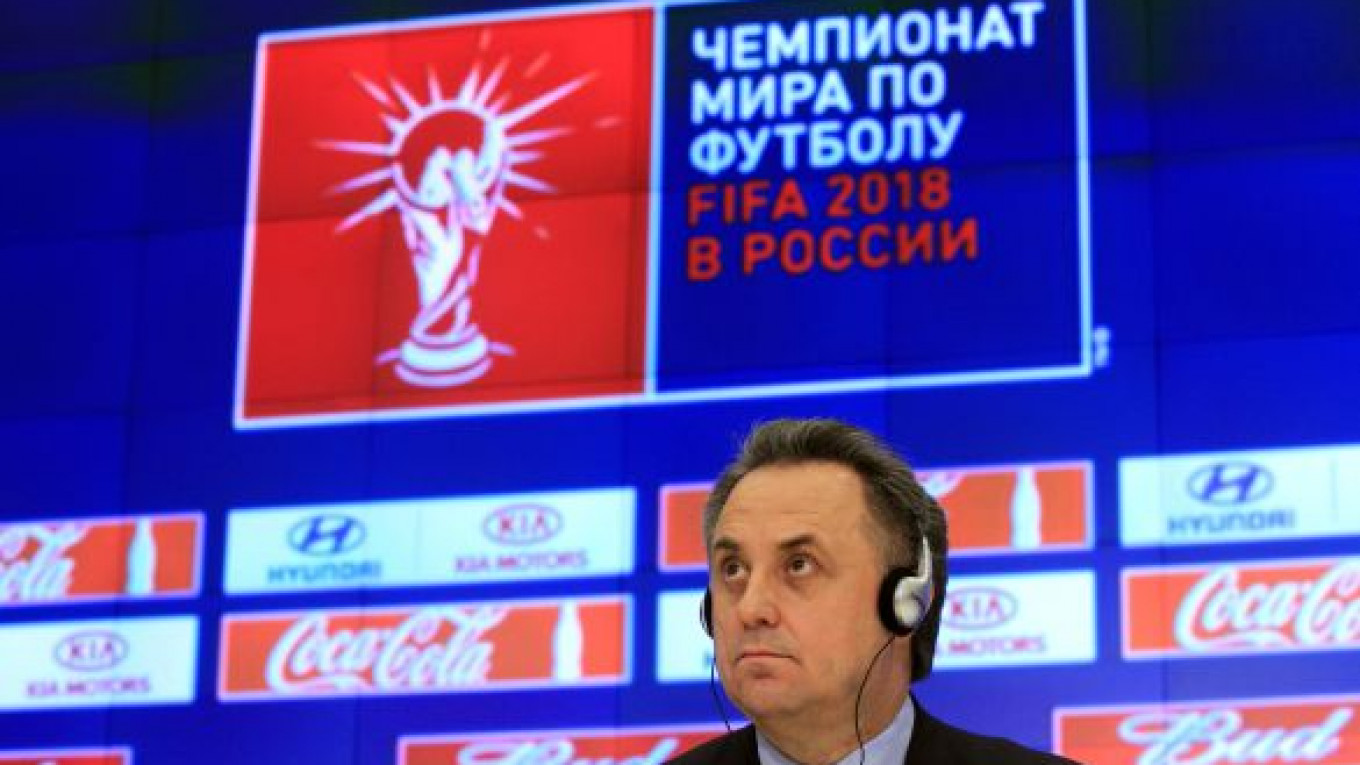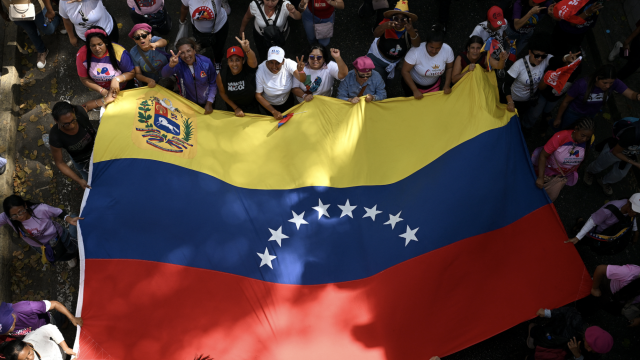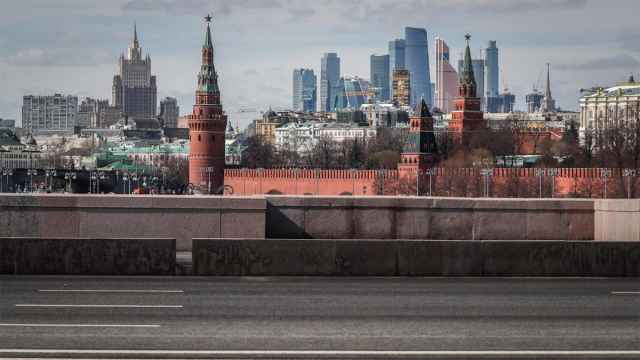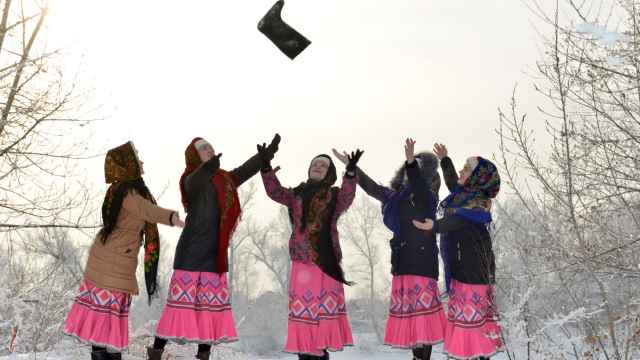Russia is proving more tractable than Brazil in relaxing its beer bans for the football World Cup sponsored by the maker of the Budweiser amber brew.
Six years from the 2018 event, the government is ready to suspend its taboo on the advertising and sale of beer at stadiums, Vitaly Mutko, Sports, Tourism and Youth Policy minister, said Tuesday.
It was only earlier this month that Brazil appeared to bow to pressure from international football federation FIFA to reconsider its own beer restrictions for the 2014 World Cup — after a hot war of words.
Russia showed more flexibility.
"There will be no problems about beer at the World Cup," Mutko said at a news conference.
Belgian brewer Anheuser-Busch InBev in October extended its sponsorship of the world cups in Russia and the next one in Qatar in 2022.
The huge brewery has monopolized the event, making Budweiser the only beer available at the 2010 World Cup in South Africa.
FIFA president Sepp Blatter urged Russia to allow beer sales in stadiums for the World Cup when he met Prime Minister Vladimir Putin in January. Putin responded only, "We'll see."
It was a tough slog for FIFA — with at least one harshly worded statement — to pressure Brazil into taking steps to reconsider its beer restrictions.
"Alcoholic drinks are part of the FIFA World Cup, so we're going to have them," the organization's secretary general Jerome Valcke said in January. "Excuse me if I sound a bit arrogant, but that's something we won't negotiate."
A special committee of Brazil's parliament voted earlier this month to approve the sale of alcoholic beverages at soccer stadiums during the World Cup, and the measure is advancing in the legislature.
The broader Russian beer industry appeared supportive of Mutko's announcement Tuesday.
"Nothing critical will happen if fans drink two or three glasses of beer during a match," said Sophia Sonina, a spokeswoman for Ochakovo, one of the country's largest brewers. "It's much worse when fans come to a match already intoxicated."
Ochakovo said it hoped the government would ultimately review its beer bans.
Mutko said the organizing committee will submit to the Cabinet by the end of next month the bill to protect the rights of FIFA and its sponsors.
Among other things, FIFA requires host nations to guarantee tax exemptions and ease visa rules.
This would be also in contrast to Brazil, where lawmakers delaying similar legislation are objecting to being "subservient" to FIFA.
It remained unclear Tuesday whether the bill would contain any provisions about beer, or whether the beer issue would require a separate bill.
In other news, Mutko reiterated that the committee, which organizes the World Cup in Russia, will select the host cities for the event several months ahead of the customary deadline in an effort to give them more time to prepare. Mutko, who is in charge of the committee, said the selection will take place in September, a time frame approved by FIFA as an exception.
If the committee were to follow the regular FIFA rules, the candidate cities would learn the decision around May next year.
Mutko also said the World Cup teams will play in 12 stadiums across 11 Russian cities. Russia will be building 11 of the 12 World Cup arenas from scratch.
A Message from The Moscow Times:
Dear readers,
We are facing unprecedented challenges. Russia's Prosecutor General's Office has designated The Moscow Times as an "undesirable" organization, criminalizing our work and putting our staff at risk of prosecution. This follows our earlier unjust labeling as a "foreign agent."
These actions are direct attempts to silence independent journalism in Russia. The authorities claim our work "discredits the decisions of the Russian leadership." We see things differently: we strive to provide accurate, unbiased reporting on Russia.
We, the journalists of The Moscow Times, refuse to be silenced. But to continue our work, we need your help.
Your support, no matter how small, makes a world of difference. If you can, please support us monthly starting from just $2. It's quick to set up, and every contribution makes a significant impact.
By supporting The Moscow Times, you're defending open, independent journalism in the face of repression. Thank you for standing with us.
Remind me later.






